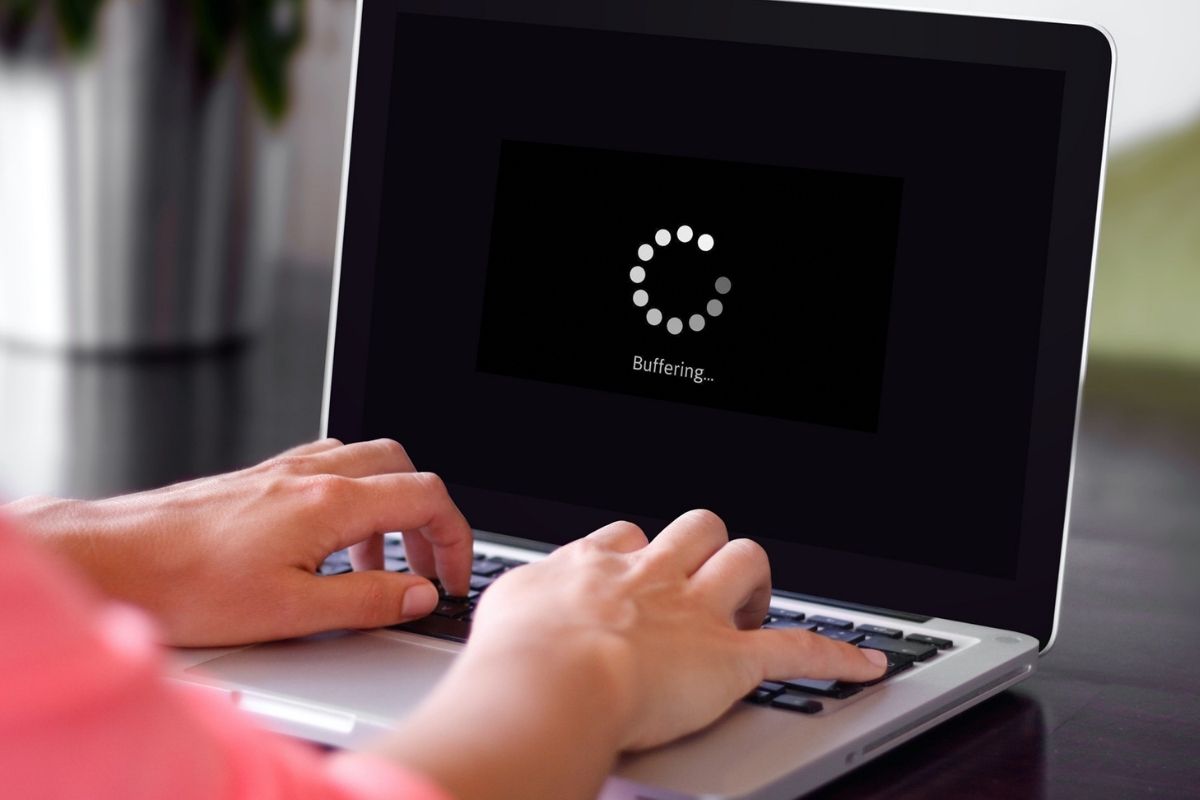
With a Virtual Private Network (VPN), you may access regionally restricted content on streaming services, hide your IP address to secure your online behaviour, and choose a more advantageous location when making purchases online. You might even think of these services as a one-size-fits-all answer to all of your requirements for online privacy and security. Making wise choices about your browsing experience, online security, and privacy can be facilitated by being aware of the drawbacks and understanding the limitations of VPNs. So let's take a look.
Slower Internet Speeds
The primary drawback of utilising a VPN is that it can reduce the speed of your connection. In essence, each time you access a website or app, a connection is made between your device and the website's or app's server via the servers of your Internet Service Provider. Data can be transmitted back and forth thanks to this connection. It may take longer for you to access the website when using a Virtual Private Network (VPN), as this connection is encrypted and routed through a secure tunnel. You can pay for a premium VPN service, choose the best server location, or utilise an Ethernet connection rather than Wi-Fi as some helpful solutions if your VPN performance is poor.
VPNs Increase Your Data Usage
Data is used by every service that needs an internet connection. When using an unmetered connection on your devices, this might not matter, but if you only have a certain amount of data available, it might. And since data is encrypted and routed through the VPN server, utilising a VPN can raise your overall data usage. The encryption mechanism that your VPN provider employs has a significant impact on the amount of data used because the most secure methods consume more resources. So, you might need to find a different solution if you were hoping to use a VPN to get past your data consumption cap.
VPNs Can Give You a False Sense of Security
You could come across harmful websites, phishing scams, data breaches, and other things while browsing the internet. By encrypting your data and disguising your IP address, VPNs often give you an extra degree of security and privacy, but they are not infallible. The level of encryption may be minimal or nonexistent if you're utilising a free or unreliable VPN service, leaving you exposed. Additionally, even while utilising a premium VPN, you should still exercise caution when clicking links. If you fall for phishing scams or click on malicious links, your system could still be infected.
Loss of Access to Some Websites
You might sign up for a VPN service primarily to get around geo-restricted material. It is important to be aware that VPN users can only access certain content through internet services like Netflix. As other streaming services have the rights to particular titles in various regions, they do this to abide by licencing agreements. Nevertheless, since some of these providers are making a concerted effort to restrict VPN connections, it's critical to bear this in mind when utilising a VPN.















